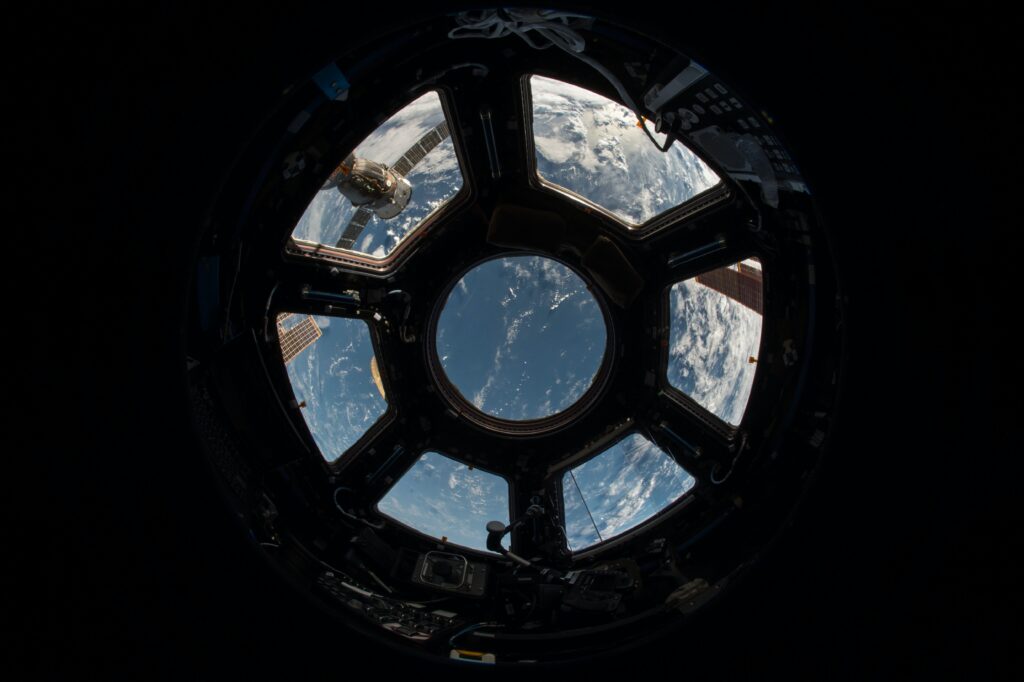Focus on fixing Earth before colonizing new planets
3 min read
Experts evaluate the costs and benefits of continuing to explore space. | NASA on Unsplash
By CAMERON DELEAN
Staff Writer
With the recent advancements in space exploration, the question of whether or not we should be furthering our efforts to get to space has created some controversy. Some argue that our focus should be on remedying social and environmental issues on Earth before looking to expand our outreach, while others encourage the relentless pursuit of space exploration and colonization. However, it has become increasingly clear that we are better off first resolving our own planetary issues before we are ready to look elsewhere.
Federal funding for NASA has proven to be a significant expense. Some argue this is unnecessary, while others claim it is essential to developing our understanding of the universe.
The National Space Society, or NSS, makes strong points in favor of continuing NASA’s efforts. Jeffrey G. Liss, from the NSS Board of Directors argues that going to space is a “must” and lists the benefits to pursuing space exploration and colonization in his article, WHY WE DO — AND MUST — GO INTO SPACE. Liss states that the space program pays for itself, that it opens up the opportunity to discover new resources and that colonizing other planets will help evolve society as a whole.
Liss also argues that the whole point of exploring other planets should be to colonize it, stating “the ultimate purpose of going into space is to live and work there — just as the ultimate purpose of exploring the New World was colonization — and not merely to sit back on Earth and cogitate about what automated spacecraft report back.”
The commentary given by Liss is problematic in its nature. The concept of colonization is outdated, and rather space exploration should be seen as an advancement for the entirety of the human race. Instead, it is viewed as a race to conquer and then profit off of new land, when we have yet to solve our own environmental and social dilemmas.
There are far too many issues here on Earth for us to fathom colonizing another planet. There is no way to develop a successful working society from scratch when there are already significant problems we have yet to solve on Earth. Fraser Cain, from Universe Today, discussed in an article, 7 Replies to “Shouldn’t We Fix the Earth First?”, his reasons for hesitating on space exploration.
“How about the whole world stops smoking, and we spend $20 billion on colonizing Mars and the other $730 billion on renewable fuels and cleaning up our negative impact on the environment, reducing poverty and giving people access to clean water?” said Cain. This is a common argument that many have against continually funding NASA and entertaining the idea of colonizing other planets.
Everyone can recognize the importance of space exploration and can be excited by the idea of advancing technology for that purpose. However, many are also concerned about the state of our planet, and can recognize that our efforts should be directed at remedying the issues we are currently facing. Space exploration should be pursued, just not as aggressively as we should pursue environmental and social issues. It is essential that we learn how to care for our own planet and its inhabitants before we can even consider building societies on other places. If we are incapable of helping ourselves, how are we supposed to expand to an entirely different planet?











